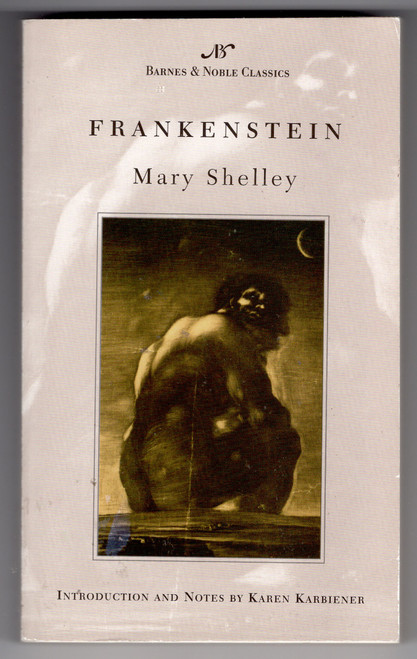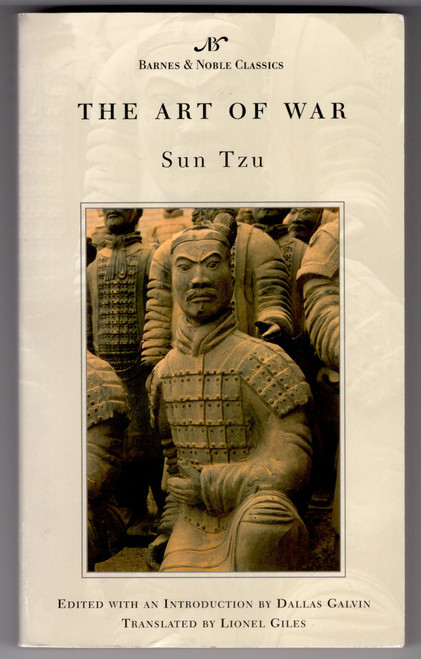One of the most beloved heroes of the stage, Cyrano de Bergerac is a magnificent wit who, despite his many gifts, feels that no woman can ever love him because of his enormous nose. He adores the beautiful Roxanne but, lacking courage, decides instead to help the tongue-tied but winsome Christian woo the fair lady by providing him with flowery sentiments and soulful poetry. Roxanne is smitten—but is it Christian she loves or Cyrano?
A triumph from the moment of its 1897 premiere, Cyrano de Bergerac has become one of the most frequently produced plays in the world. Its perennial popularity is a tribute to the universal appeal of its themes and characters.
About the Author
Edmond Eugène Alexis Rostand (1868-1918) was a French poet and dramatist. Rostand is associated with neo-romanticism, and is best known for his play "Cyrano de Bergerac". Rostand's romantic plays provided an alternative to the naturalistic theatre popular during the late 19th century. One of Rostand's works, "Les Romanesques", has been adapted as the highly successful musical comedy "The Fantasticks". Rostand became the youngest writer to be elected to the Académie Française.
Peter Connor is Associate Professor of French and comparative literature at Barnard College, Columbia University. He is the author of Georges Bataille and the Mysticism of Sin (Johns Hopkins University Press, 2000).







